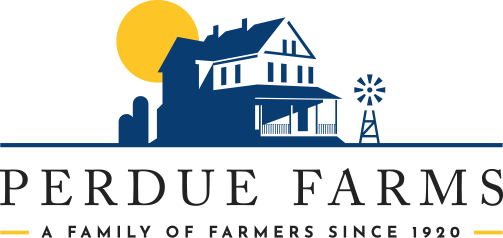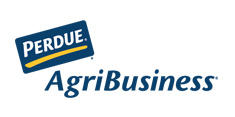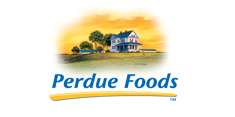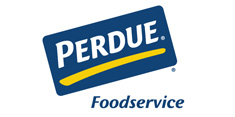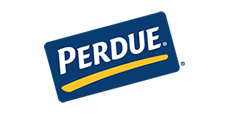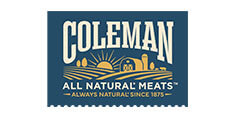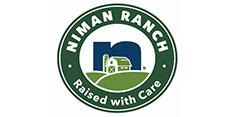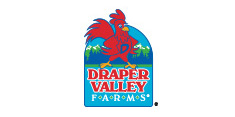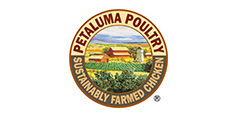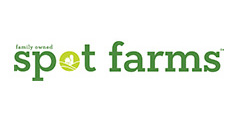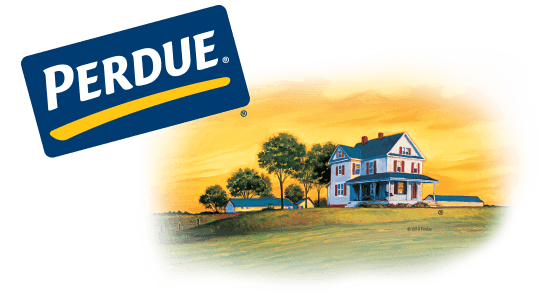Public Comment on Proposed National Organic Program Animal Care Standards
July 17, 2016
Paul Lewis, National Organic Program
USDA-AMS-NOP, Room 2646-So.
Ag Stop 0268, 1400 Independence Ave., SW
Washington, DC 20250-0268.
RE: National Organic Program; Organic Livestock and Poultry Practices
Comment on Docket number AMS-NOP-15-0012; NOP-15-06PR
Dear National Organic Program,
On behalf of Perdue Farms, I would like to comment on the proposed Organic poultry practices referenced above.
We (first as Petaluma Poultry then expanding to Draper Valley Farms and Perdue) have been raising and selling certified Organic broiler chickens since 2001. We are the largest Organic certified broiler producer in the US. We currently market Organic broiler chickens through our operations in Petaluma, CA, Mount Vernon, WA, and Milford, DE. We sell Organic poultry into a majority of states and marketplaces through supermarkets, club stores, foodservice and industrial venues. Perdue fully embraces the commitment to integrity that is the backbone of Organic farming.
Perdue endorses the new standards for broilers, as written, with a provision for extra time to implement the stocking rate standards.
- Rationale for additional time to implement these standards:
Assumptions were made regarding the size of the industry. The Proposed Rule states that in 2014 approximately 16 million Organic broilers were raised. According to our market analysis, we believe that in 2014 approximately 70 to 80 million Organic broilers were marketed. In 2014 and 2015, our company alone marketed in excess of 40 million Organic broilers each year.
In the Proposed Rule document, it is assumed that 75% of the current Organic broiler industry already meets the proposed 5.0 lb stocking rate standard. We believe that this assumption is invalid. The Global Animal Partnership (GAP) is the predominant animal welfare certifier for Organic broilers in the US. The vast majority of Organic broilers are currently certified at GAP Step 3, with a standard of 6.0 lbs./sq. ft. inside stocking rate. Perdue, representing more than half of the Organic market, has an indoor stocking rate of 6.0 to 6.3 lbs./sq. ft. Thus, we believe this assumption is incorrect, and that 6.0 lbs./sq. ft. is closer to the industry average.
Given that the industry is much larger than assumed and the indoor stocking rate is closer to the 6.0 lbs./sq. ft. range (20% greater than proposed stocking density), the indoor stocking rate change to 5.0 lbs./sq. ft. will have a significant, detrimental impact to the organic broiler supply in the US, effectively reducing the supply by 20% if not given time to adjust.
The family farms that supply our operations would need nearly 2 million additional square feet of barn space to grow the same number of chickens at 5.0 lbs./sq. ft. inside stocking rate. This is the equivalent of 65 additional new barns or more than $25 million worth of investment in new facilities. Likely the impact on the entire industry could be two to three times this amount. One year is not enough time to comply with the new standards without reducing supply, and we request a three-year timeframe to grow our family farming base and allow current growers to expand their operations.
We have committed to supporting the proposed standards, as written. However, to improve animal welfare we make the following recommendations:
- Increase the minimum temperature to mandate outdoor access to 50 degrees Fahrenheit. Opening doors to the outside at 40 degrees will result in significant cold and wet spots in a barn, increased fuel usage and poorer animal welfare, particularly in the 4- to 5-weeks-of-age range.
- As mentioned previously, most of the Organic broiler industry is certified by GAP. Their experts have set 20 ppm as the standard for ammonia, a level that is scientifically supported and has been informally adopted as an industry standard. A 20 ppm maximum provides conditions that support good animal welfare without creating significant waste. We recommend aligning the new guidelines with the currently accepted industry standard of 20 ppm.
Perdue supports the NOP’s desire to strengthen what it means to carry the Organic seal. These proposed standards will significantly differentiate organic growing practices from conventional operations and meet consumer expectations that Organic production meet a uniform and verifiable animal welfare standard. We are with you; we need the 3 year timeframe to make it happen.
Sincerely,
Mike Leventini
Perdue Farms
